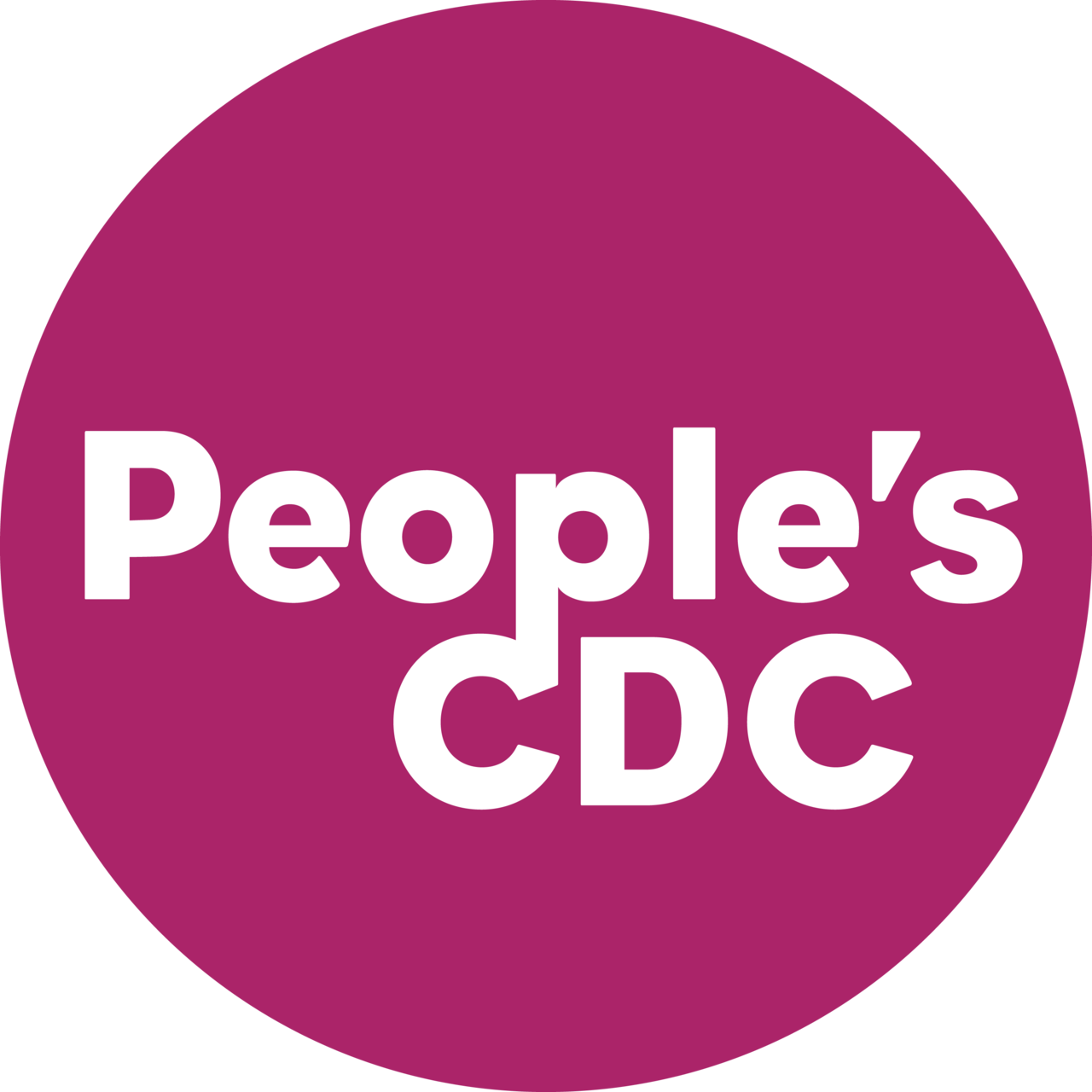Safer Gatherings Guide 2024 Brief Update
Check out a preview of our forthcoming update to the Safer Gatherings Guide to make your upcoming in-person gatherings safer
There are many reasons we seek in-person connections, including family and life events, holiday parties, celebrations, social gatherings, work or volunteer group meetings, political organizing, and protests. Masking and other precautions are crucial to practicing community care by reducing the risk of COVID, influenza, RSV, and other aerosol-transmitted infectious diseases. These multilayered precautions are needed year-round, and we wanted to get this brief update to you in advance of the late fall and winter holidays.
We are anticipating publication of a full update of our Safer Gatherings guide shortly, and you can refer to our 2022 guide for scientific references in the meantime.
Safer Gatherings Guide Brief Update, 2024
The act of planning safer in-person gatherings is one of solidarity, community care, and love. By implementing masking and multiple layers of protection before, during, and after the gathering, we keep ourselves and our communities as protected as possible from the continued spread of COVID. The more layers of protection you can use together, the more you can reduce the risk of transmission.
Before the Gathering
Require attendees to mask indoors five days prior to the event: Encourage attendees to wear high-quality masks (N95/KN95/KF94 or better) whenever they may share air with others outside their household for at least five days before the event.
Require universal pre-event testing: Require all participants to test for COVID using lab-based PCR, at-home NAAT, or rapid antigen tests. Provider resources on how to administer and interpret tests. Testing should be performed as close to the event as possible, with repeat testing for multi-day events. Individuals who test positive should stay home.
Have attendees check for symptoms and exposure: Ask attendees to complete a symptom and exposure checklist before the event and daily for multi-day events. Anyone with new symptoms or known exposure should stay home, even with a negative COVID test.
Plan substantive online options: Offer robust virtual participation options to improve accessibility and inclusion, ensuring a high-quality audio-visual setup and opportunities for meaningful interactions.
During the Gathering
Require universal masking throughout the event: Require all attendees to wear well-fitting, high-filtration masks (N95/KN95/KF94 or better) during the entire gathering. Provide masks and resources on how to wear them to attendees.
Require proof of vaccination: Ensure all participants provide proof of vaccination with the latest COVID vaccine. Encourage attendees to get vaccinated at least two weeks prior to the event.
Gather outdoors: Prioritize outdoor spaces for activities whenever possible, especially for higher-risk activities like singing or exercising.
Improve indoor air quality via ventilation and filtration: Optimize ventilation by using HVAC systems with MERV 13 or higher filters, portable HEPA air purifiers, and opening windows for cross ventilation. CO2 monitoring can help assess ventilation.
Increase distance and de-densify spaces: Arrange seating and spaces to maintain physical distancing, reduce crowding, and limit occupancy. Utilize barriers and signage to remind attendees of spacing guidelines.
Divide gathering into small, consistent groups: Split attendees into smaller, stable cohorts for the duration of the event to minimize exposure and simplify contact tracing in case of an infection.
After the Gathering
Conduct post-event testing, symptom monitoring, and contact tracing: Ask attendees to test for COVID twice after the event, starting five days after the event or sooner if symptoms develop, and report any positive results or symptoms that occur within 14 days of the end of the event. Inform anyone who may have been exposed at the event.
Evaluate protections and resources: Conduct a debrief to gather feedback from attendees on COVID safety measures, accessibility, and event logistics. Use this input to improve future events and to identify resource needs.
For detailed information about safer gatherings, visit: https://peoplescdc.org/2022/11/17/safer-in-person-gatherings/
Subscribe to our substack to receive updates on our work, including the full Safer Gatherings Guide update when it is available.




